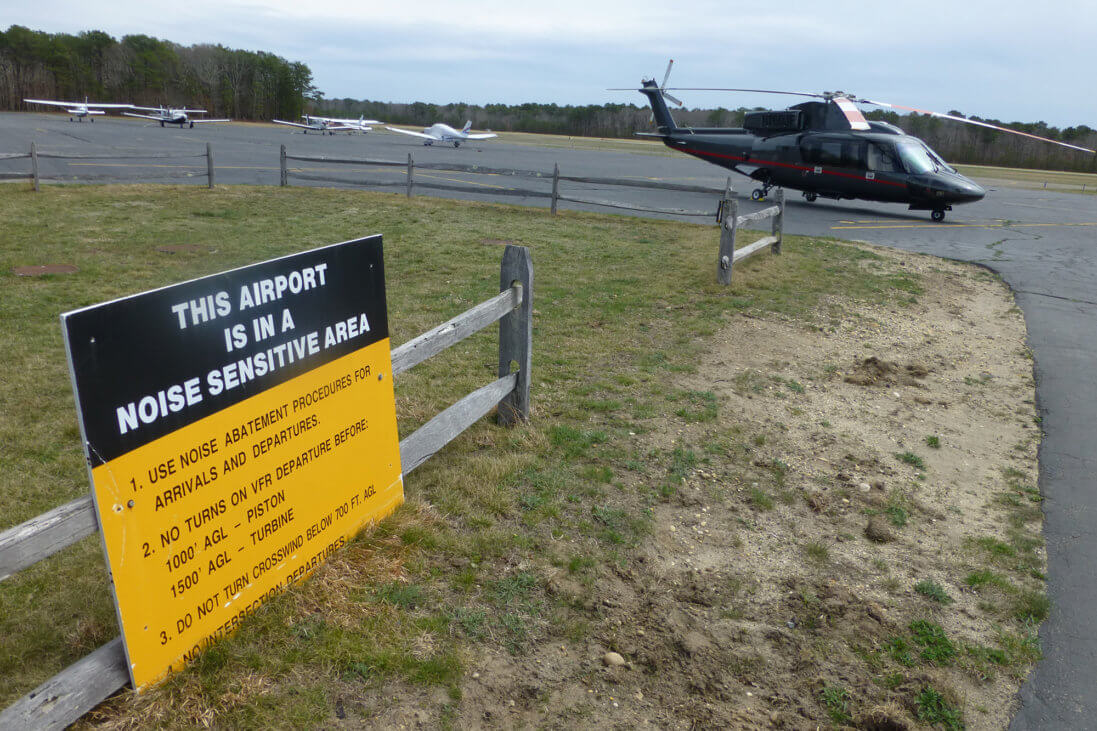
March 22, 2022
NBAA President and CEO Ed Bolen has urged a congressional aviation subcommittee to support the collaborative efforts of the aviation industry and the FAA, which have successfully reduced aviation noise impacts for more than 30 years and ensured unhindered access to the National Airspace System.
In written testimony to the U.S. House of Representatives Committee on Transportation and Infrastructure Subcommittee on Aviation hearing “Aviation Noise: Measuring Progress in Addressing Community Concerns,” which took place March 17, Bolen noted that the country’s robust and diverse airport infrastructure is world-leading and this network of 5,000 public-use airports supports critical transportation and emergency services, as well as a wide variety of jobs across the nation.
Read Bolen’s written testimony to the House Subcommittee on Aviation. (PDF)
“This network, which already provides valuable and verifiable benefits for the local communities it serves, will become vital in supporting the emerging advanced air mobility (AAM) sector,” Bolen noted in his written testimony. “AAM will allow communities around existing airports to further take advantage of this valuable aviation infrastructure, as well as create opportunities to build more facilities to support aircraft with vertical take-off and landing capabilities.”
Bolen wrote that NBAA recognizes the importance of mitigating noise impact on communities around airports, and the association places great emphasis on “Fly Neighborly” initiatives and community engagement to develop and promote voluntary noise abatement programs and procedures that reduce aviation noise.
These efforts, combined with general aviation’s embrace of and investment in the FAA-led Next Generation Transportation System, and a significant investment by manufacturers to develop quieter aircraft have “yielded substantial accomplishments,” he explained.
Despite the success of industry efforts, a small number of communities have attempted to limit general aviation access to public airports, a move that is counter to the Airport Noise and Capacity Act of 1990 (ANCA) and other federal obligations. “It is essential to the success of our entire National Transportation System that these regulations are not allowed to be circumvented and that the FAA continues to enforce ANCA and other requirements, protecting access,” added Bolen.
“We commend the subcommittee for recognizing the importance of our airports and look forward to collaboratively working to address the aviation noise challenges to protect access to one of our nation’s greatest assets – its airports – and ensure their accessibility and viability,” said Bolen. “Protecting access and investment in general aviation airports, the backbone of our air transportation system, is critical in ensuring the success of general aviation in the near term and for future generations.”


 International Business Aviation Council Ltd.
International Business Aviation Council Ltd.